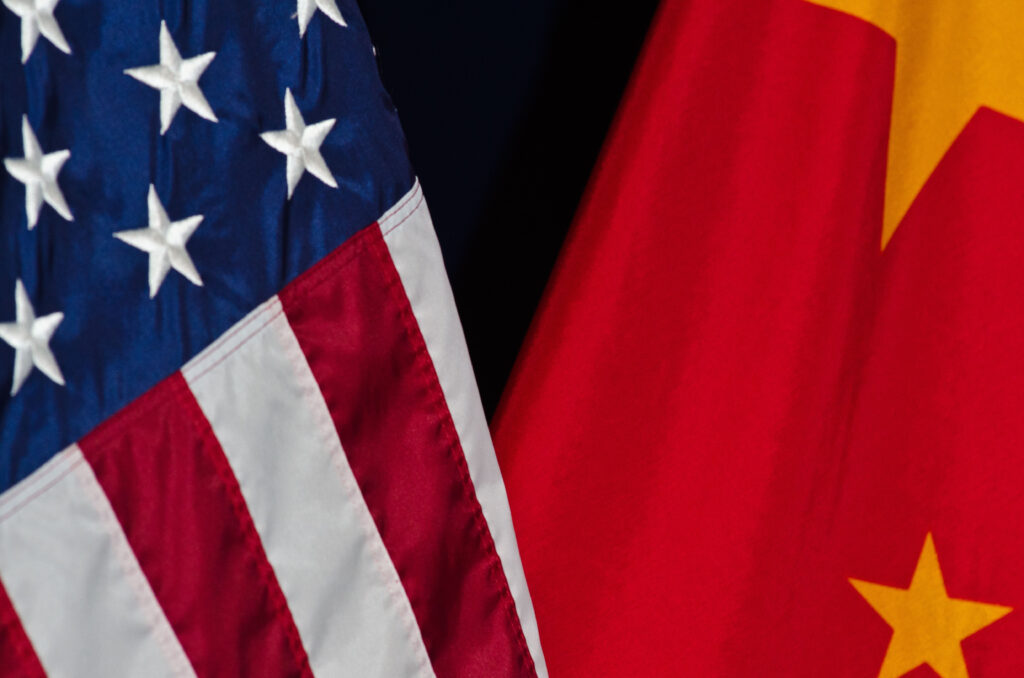The Supervisory of the US Stock Exchange has approved a regulation that allows for the mandatory delisting of Chinese companies listed on Wall Street that refuse to open their books to inspectors. But in Beijing they don’t seem particularly alarmed. exactly the contrary…
Ordinary stories cross off. Who goes and who comes in the major financial centers of the world. This often happens between China and the United States, in a game between the parties much like stealing the flag. On the other hand, Washington is increasingly misbehaving with Chinese companies listed on Wall Street, guilty of threatening US technological and industrial security. On the other hand, Beijing, in its now full-blown battle against capital flight and hyper-liberal financial technology, is periodically trying to bring fleeing companies back to its streets, Shanghai and Hong Kong, threatened by repression at home.
Now the painting has been enriched with a new chapter. The US government is now ready to formalize practices to push unwelcome, if not dangerous, companies off Wall Street. In particular, these obscure companies that, in whole or in part, refused to open their records to SEC inspectors, in order to verify any suspicious transactions.
Just Sec, like Bloomberg, announced its final plan to implement the new law, which dates back to the Trump administration’s last mile, which requires foreign companies to open their books to US control, under penalty of expulsion from the New York Stock Exchange, and from the Nasdaq within three years. It should be remembered that China and Hong Kong are the only two jurisdictions that refuse to allow inspections despite Washington’s demand for them since 2002.
Thanks to the regulation set by Sec, the supervisory authority will therefore identify companies that refuse to publish their financial statements, preventing entry into data room, and impose cross off By 2024, in the absence of an agreement. The Chairman of the Securities and Exchange Commission explained that “if you want to do business in the United States, the supervisor must be able to examine the books.” Gary Gensler.
It must be said that the acceleration of US authorities does not seem to have particularly bothered Beijing. Which, in times of a real estate bubble, mass bankruptcies by large government and private groups and technology leaks (Bitcoin, but also some parts of Fintech), has an interest in grabbing capital that escaped very quickly and thanks to Lille. The latest case is that of China’s Didi Global – the world’s largest passenger services company – which plans to move forward with a listing in Hong Kong shortly before embarking on its cross off and New York.
Didi aims to complete a dual primary listing in Hong Kong in the next three months. The program, needless to say, was carried out under pressure from Beijing to cross off From New York by June 2022. On November 26, in fact, the People’s Republic Technology Supervisory Authority asked big tech leaders to come up with a plan cross off From US stock exchanges, with unprecedented demand in the Chinese technology environment. But why are you surprised?

Communicator. Reader. Hipster-friendly introvert. General zombie specialist. Tv trailblazer

